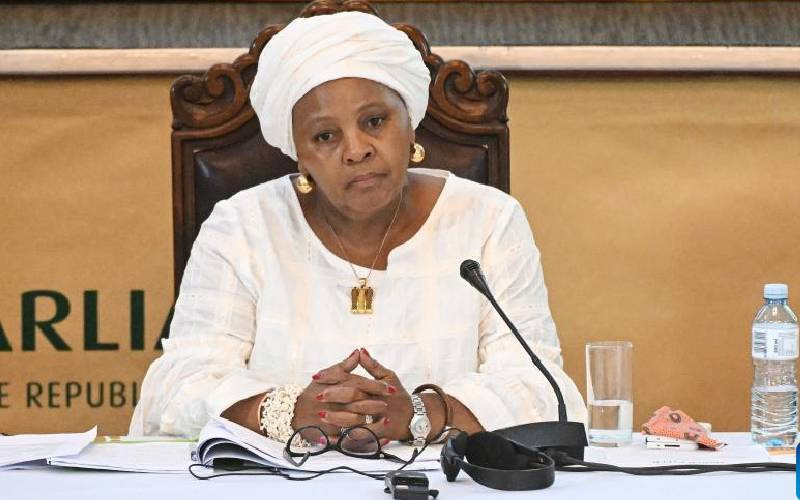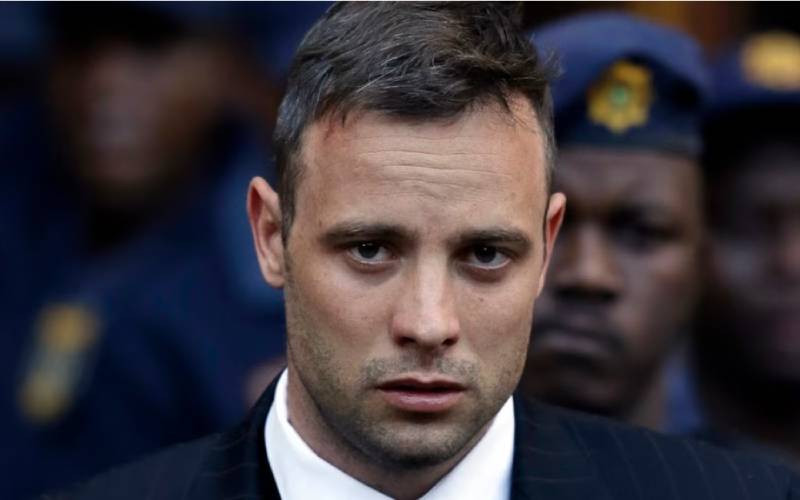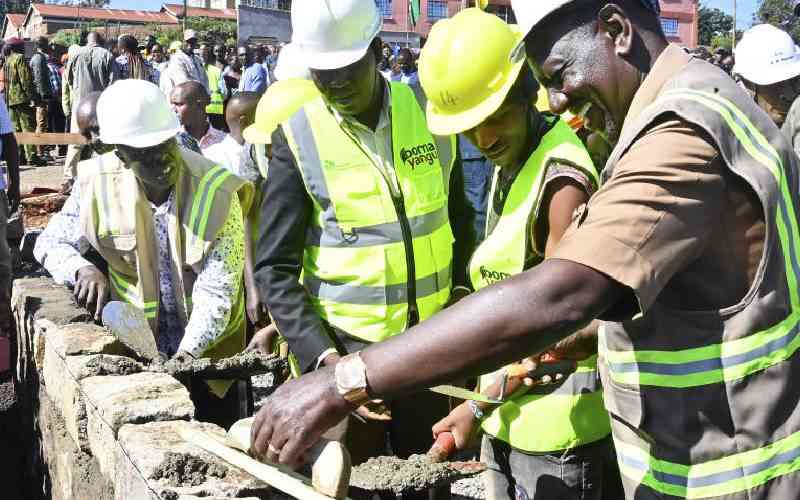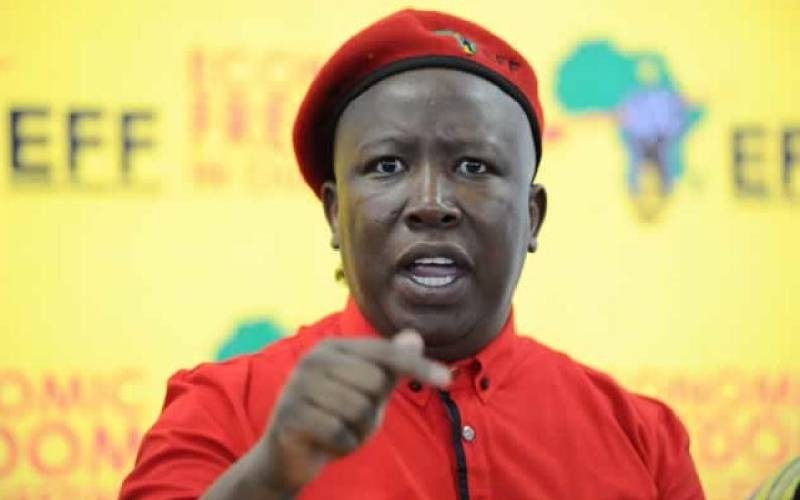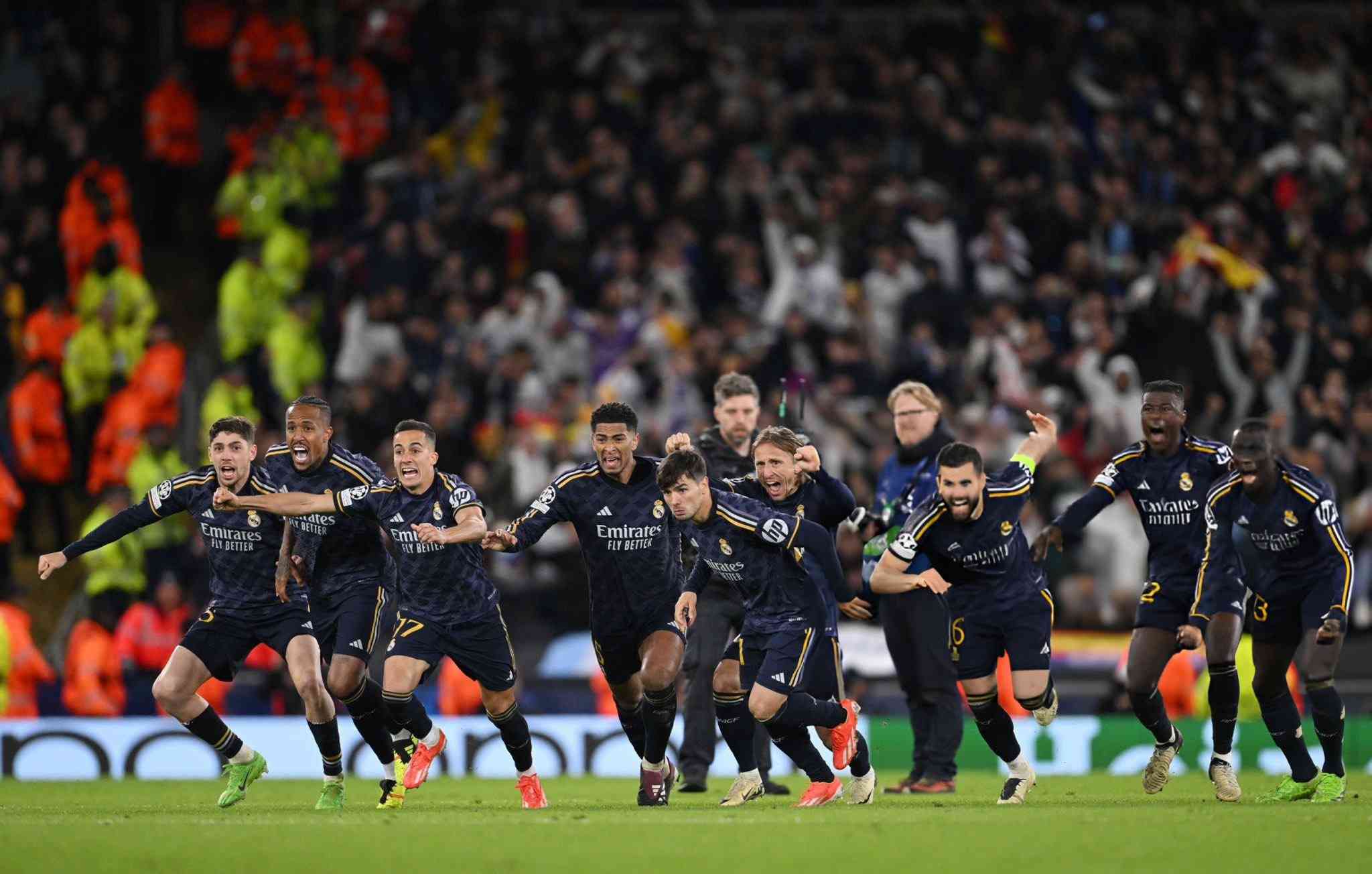South Africa’s 2011 census results released early this week had no surprises: The country may be Africa’s economic powerhouse, but it is still ravaged by economic inequalities as the gap between the ‘haves’ and ‘have-nots’ widens to one of the largest in the world.
The black majority leadership have been in power for the 18 years since the former apartheid nation got its independence, but the wealth and wellbeing of its masses is typically African – unequal.
The white South Africans earn at least six times more than what their black citizens earn annually.
The average annual income for the blacks is $7,500 (Sh637,500) while that for their white citizens is $45,600 (Sh3,876,000).
Still, the black’s incomes are up nearly 170 per cent over the past decade, and are 10 times our annual average incomes. President Jacob Zuma was quick to point out that his black majority were still at the ‘bottom of the rung’.
But by any standards, it is a long way from the days the nation’s hero Nelson Mandela penned The Struggle is My Life. While racial inequalities persist, there is improvement everywhere.
Forget the whites and compare to their African brothers in Kenya. Poverty head count ratio is 23 per cent, well below Kenya’s 46 per cent that live on less than a dollar a day.
About 79 per cent of rural South Africans have access to safe and clean water, compared to 52 per cent for Kenya.
Only 8.7 per cent of its population above 10 years is unschooled; the figure rises to 23 per cent for women, which is understandably African where gender inequality permeates every aspect of our lives. Although the quality of their education is disgrace, their literacy rate is 88 per cent, same as Kenya’s.
On sanitation, 60 per cent use flush toilets connected to sewers, a far higher figure than any country in Africa. 90 per cent use mobile phones, well above our 63 per cent.
Still, this country faces key challenges.
Fast population growth is one of them: in the past decade, the numbers were up by 15.5 per cent from 44.8 million to 51.7 million. Blacks make 79 per cent, and the whites 8.9 per cent at 4.59 million. Its GDP of US$ 408 (Sh34,680) billion may be 12 times more than ours, but its growth has remained dismal.
This year, its economy is expected to grow by a mere 2.5 per cent. Unemployment is 30 per cent and rising. Two million people live in shacks they call homes, much like our slums in the city.
Mandela’s struggle was about freedom for his people. The right to vote, to have their own leadership democratically elected, to have a voice in their governance and eliminate apartheid in a nation where all is equal and where Africans are not treated as “hewers of wood and drawers of water”.
But revolutions are generally about bread and butter. Are the blacks economically empowered? Eighteen years may be long, but they have made a far better progress than Zimbabwe.
Stay informed. Subscribe to our newsletter
But has it had an impact on Africa? Mandela said “There is no obstacle big enough to stop us from bringing about a new African renaissance”.
Soon after, Mbeki set up the New Partnership for Africa’s Development to pursue this goal and his regime spent huge resources to tackle crippling wars affecting several African states.
The ‘big brother’ wanted to deal with governance and security issues on the continent.
However, South Africa’s impact on the continent on socio-economic matters remains minimal. As an emerging nation among the G20, it may have curved for itself a major role globally, but it remains an ‘island in a sea of poverty’.
Its multinational companies are no different from those of the West - exploitative; its black tycoons disdainful of other Africans.
The continent’s most sophisticated economy that accounted for 40 per cent of Africa’s GDP in 2000 is sliding downhill both politically and economically. It now accounts for 24 per cent of Africa’s GDP.
Corruption is on the rise. Racism and insecurity stalks the nation. The black leadership needs to do more to enhance inclusiveness and focus on the economy.
The writer is a former MP for Mandera Central and political economist
 The Standard Group Plc is a
multi-media organization with investments in media platforms spanning newspaper
print operations, television, radio broadcasting, digital and online services. The
Standard Group is recognized as a leading multi-media house in Kenya with a key
influence in matters of national and international interest.
The Standard Group Plc is a
multi-media organization with investments in media platforms spanning newspaper
print operations, television, radio broadcasting, digital and online services. The
Standard Group is recognized as a leading multi-media house in Kenya with a key
influence in matters of national and international interest.
 The Standard Group Plc is a
multi-media organization with investments in media platforms spanning newspaper
print operations, television, radio broadcasting, digital and online services. The
Standard Group is recognized as a leading multi-media house in Kenya with a key
influence in matters of national and international interest.
The Standard Group Plc is a
multi-media organization with investments in media platforms spanning newspaper
print operations, television, radio broadcasting, digital and online services. The
Standard Group is recognized as a leading multi-media house in Kenya with a key
influence in matters of national and international interest.

